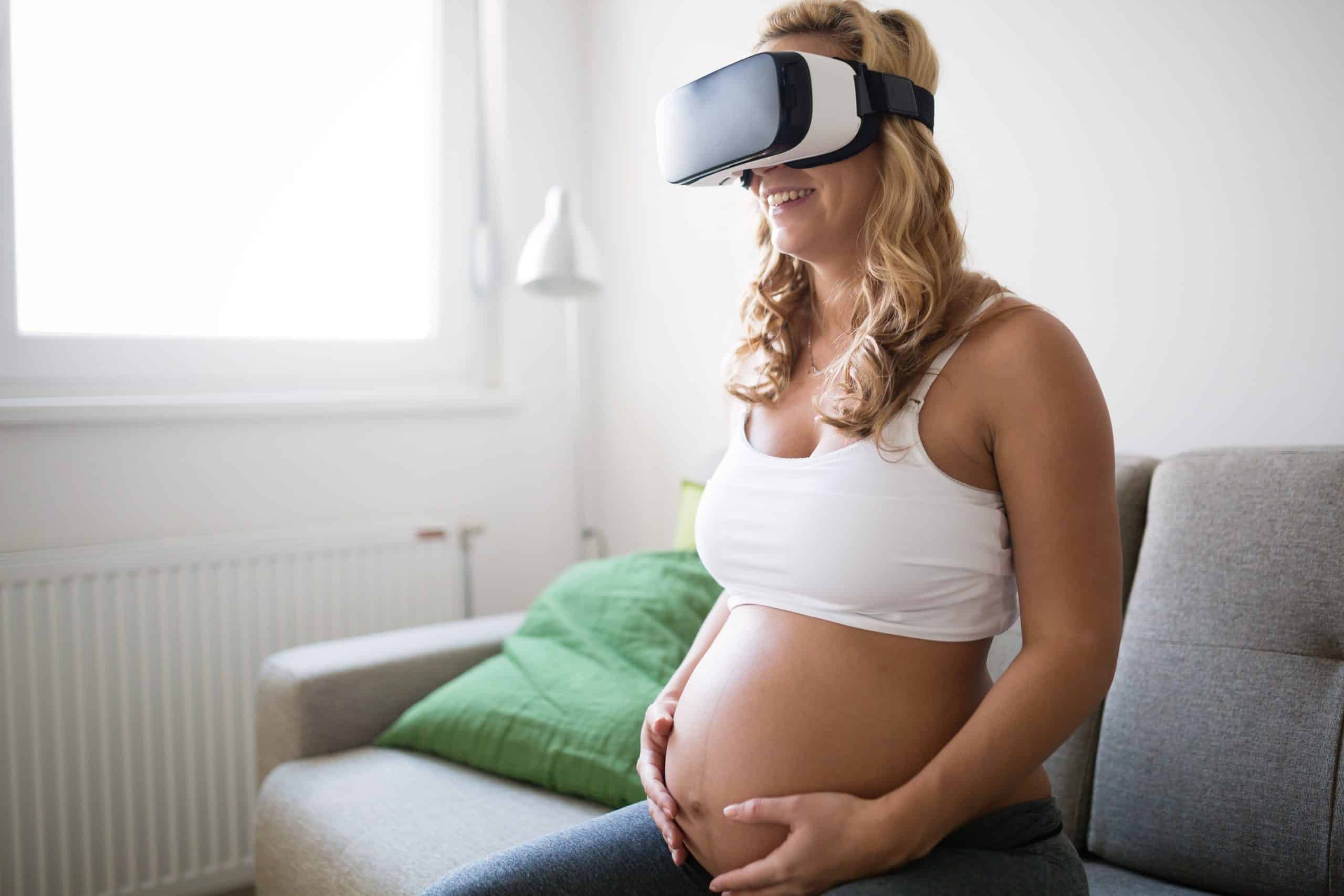How can developers use VR to enhance pre-construction property sales?

In the exciting world of real estate, developers are constantly seeking innovative technologies and strategies to enhance pre-construction property sales. Among these solutions, virtual reality (VR) has emerged as a game-changing tool, offering a plethora of benefits to developers, buyers, and everyone involved in the real estate industry. Let’s delve into the multifaceted ways in which developers can leverage this technology to enrich the buyer experience, expedite project timelines, and ultimately boost sales.
VR Property Tours: Offering Potential Buyers an Immersive Experience
Virtual reality property tours have revolutionized the way potential buyers view and experience properties, even before their construction. Instead of relying on flat, two-dimensional architectural designs or artist’s renderings, clients can now embark on a virtual walkthrough of the property, exploring every nook and cranny in a truly immersive environment.
En parallèle : What are the financial benefits of retrofitting commercial properties for energy efficiency?
This technology not only allows developers to showcase the properties in a much more engaging and comprehensive manner but also saves considerable time by eliminating the need for physical site visits. Moreover, it provides an opportunity for developers to receive early feedback from clients, enabling them to make necessary adjustments in the design or layout during the early stages of development.
Real Time Design and Development: Visualizing Properties in a New Light
VR is not just about providing virtual tours but also has the potential to dramatically transform the design and development phase in real estate. By using VR technology, developers can create realistic, three-dimensional models of their projects, thus enabling them to visualize the property in a much more detailed and precise manner.
Avez-vous vu cela : How to leverage AI in predicting commercial property demand post-pandemic?
This technology gives developers the ability to experiment with different designs, layouts, and decor options in real-time, thereby offering them incredible flexibility and creativity in their work. It also helps to identify potential issues or errors in the design early on, thus reducing the risk of costly mistakes and project delays.
VR in Real Estate: A Tool for Effective Training
In addition to enhancing property designs and client experiences, VR also plays an essential role in training within the real estate industry. Through virtual simulations, employees can receive hands-on training on various aspects of property development, such as safety protocols, construction techniques, and project management practices.
This form of training not only ensures that employees are well-prepared and knowledgeable about their tasks, but also significantly reduces the time and resources required for traditional training methods. In turn, this can help to streamline operations and improve efficiency within the company.
VR and the Future of Real Estate: A Glimpse into the Possibilities
While VR has already made significant strides in the real estate industry, its full potential has yet to be realized. As the technology continues to evolve and become more sophisticated, it is expected to offer even more exciting possibilities for property developers.
Imagine a future where potential buyers can customize their properties in real-time, changing the color of the walls, the type of flooring, or the style of the kitchen with the click of a button. Or where developers can conduct virtual meetings with clients and stakeholders from around the world, discussing and making changes to the project in a collaborative virtual environment. These and many more possibilities are on the horizon as VR continues to shape the future of real estate.
The Bottom Line: Embracing VR for a Competitive Edge
As the real estate industry continues to evolve and adapt to the rapidly changing technological landscape, embracing VR technology can provide developers with a competitive edge. From facilitating immersive property tours and real-time design visualization to offering effective training solutions, VR has the potential to revolutionize the entire process of property development and sales.
By integrating VR into their business strategies, developers can not only enhance the client experience but also streamline their operations, reduce costs, and ultimately boost their pre-construction property sales. And as the technology continues to evolve, the possibilities for VR in real estate are only set to increase, offering exciting opportunities for developers and buyers alike.
As we move forward into this exciting future, it is clear that VR has a pivotal role to play in the real estate industry. So, whether you’re a developer, a potential buyer, or simply an observer, it’s time to strap on your VR headset and explore the virtual world of property like never before.
Harnessing Mixed Reality to Enhance Property Visualization
In addition to the pure virtual reality experience, mixed reality (MR) brings a new dimension to the real estate industry. This cutting-edge technology blurs the line between the physical and the digital world, allowing potential buyers to visualize how the property would look in a real-world context.
Unlike virtual tours that immerse users in a completely virtual environment, mixed reality overlays digital elements onto the physical world. This means that buyers can see how a specific piece of furniture would look in their future home or how different wall colors would affect the overall ambiance of the space. This makes MR an invaluable tool for pre-construction property sales, as it can dramatically enhance the buyer’s decision-making process.
Moreover, MR is not just beneficial for the buyers. Developers can also leverage this technology to better understand how their designs would fit into the existing environment. For example, they can use MR to visualize how the building’s facade would blend with the surrounding architecture or how the landscape design would complement the local flora. This can help to identify any potential design issues early on, minimizing the risk of costly modifications down the line.
VR, AR and the Software Development Opportunities
As VR, AR, and MR technologies continue to gain traction in the real estate industry, there is an increasing demand for high-quality, interactive software. This opens up a world of opportunities for software development companies specializing in these technologies.
Developing a virtual tour app or an augmented reality construction tool requires a deep understanding of both the technology and the intricacies of the real estate business. Thus, software developers who can bridge this gap have a unique advantage. They can provide tailored solutions that not only bring the property to life in the digital realm but also cater to the specific needs and preferences of the developers and the potential buyers.
Moreover, as these technologies continue to evolve, there will be a growing need for continuous app development and updates to keep pace with the latest advancements. This ensures that the users always have the best and the most immersive experience, further boosting pre-construction property sales.
The Conclusion: VR, the New Reality of Real Estate
In the fast-paced world of real estate, keeping up with the latest technologies is no longer a luxury, but a necessity. Virtual reality, augmented reality, and mixed reality have proven to be more than just passing trends. They are redefining the contours of the real estate business, offering developers, estate agents, and potential buyers a novel way to visualize, design, and experience properties.
From virtual property tours to mixed reality construction projects, these technologies enhance the pre-sale process by providing a detailed, immersive, and highly interactive experience. They also offer unique software development opportunities, paving the way for innovative applications that cater to the evolving needs of the real estate industry.
As we step into the future, it is clear that VR, AR, and MR are here to stay. They are not just changing the way we buy and sell properties, but are also transforming how we envision and interact with our future homes. Thus, embracing these technologies is not just about staying ahead of the curve, but about reimagining the entire property buying experience.
